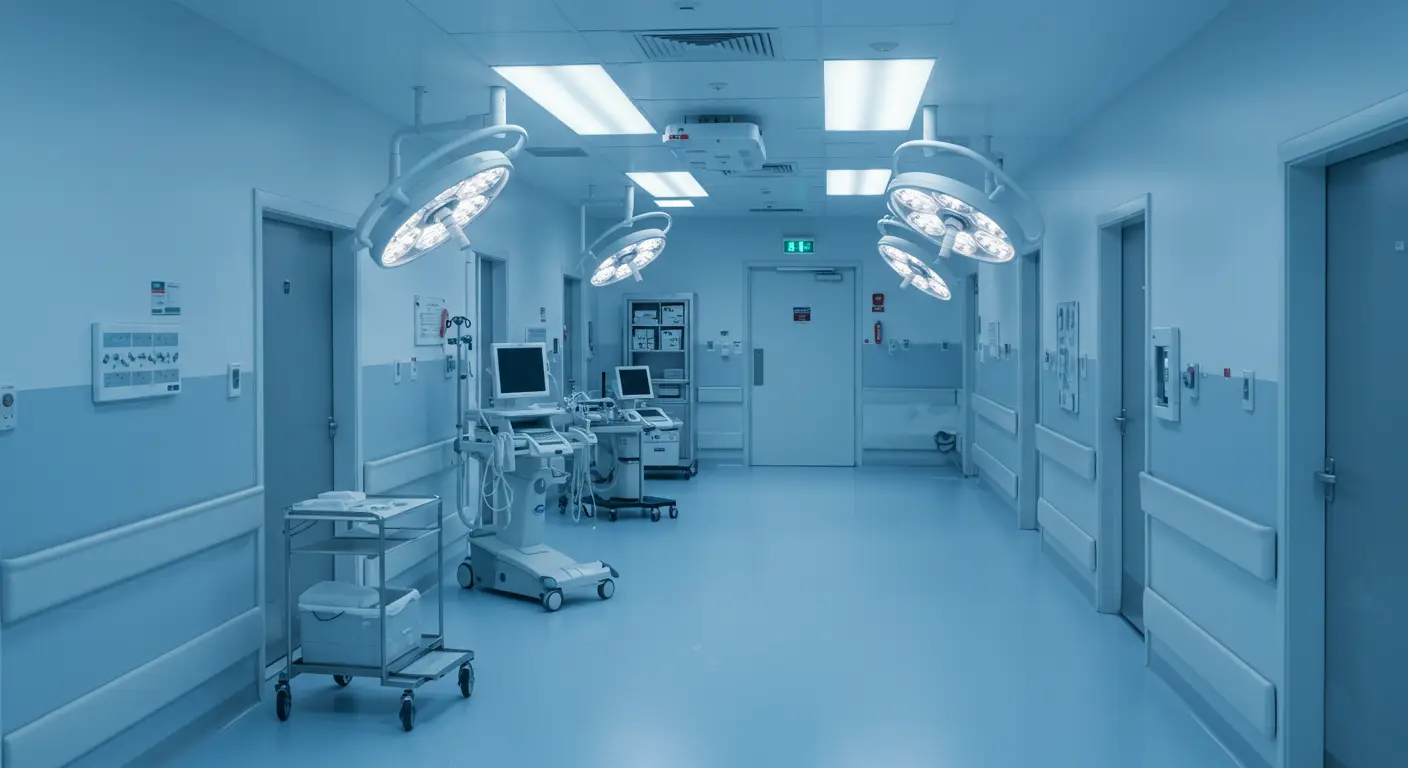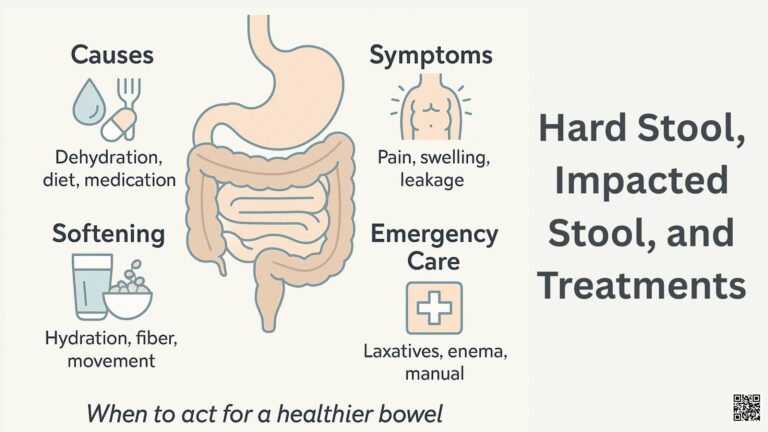Deciding where to get medical care is an important decision, especially for expats, medical tourists, and long-term travelers. Thailand is widely known as a leading medical tourism destination, but it’s normal to feel unsure about safety, quality, and what to expect during treatment. I’ve spent years living and working with fellow expats in Thailand, and I’ve seen just how modern and safe healthcare has become here. This guide is here to help you understand how the healthcare system works, how to make safe choices, and why so many people trust Thai hospitals for their treatment and procedures.

Thailand’s Global Reputation for Medical Care
Thailand is often at the top of the list for medical tourists worldwide. Over the past two decades, the Thai healthcare system has improved a lot, with many hospitals meeting international standards. Well-known accreditations like JCI (Joint Commission International) and ISO certifications are commonly awarded to private hospitals in Bangkok and across the country. These certifications mean hospitals meet strict safety, hygiene, and service criteria, which offers international patients extra peace of mind.
The Thai government actively supports medical tourism by investing in new technologies, staff training, and modern facilities. Leading private hospitals in Bangkok and Chiang Mai are equipped and maintained to the same levels as major cities like London, Sydney, or Los Angeles. Many specialists have trained abroad, often holding memberships in international medical organizations. Because of this, international patients get a level of care that matches or sometimes surpasses what’s offered at home, often delivered with a personal touch and a gentle bedside manner.
Alongside top-notch hospitals, Thailand has an ever-growing number of specialty clinics, dental centers, and rehabilitation facilities. Many of these offer all-in-one packages that cover everything from airport pickup to post-care accommodation. As Thailand’s reputation keeps spreading, the country welcomes hundreds of thousands of medical travelers every year, fueling further investment in health infrastructure and innovation.
Private vs. Public Hospitals: What’s the Difference?
If you’re new to Thailand, it helps to know that there are two main types of hospitals: public and private. Public hospitals are operated by the government and offer low-cost or free care for locals. These facilities are generally clean and observe high clinical standards, but they can be crowded, sometimes have long waiting times, and staff may mostly speak Thai.
Private hospitals are where most expats, digital nomads, and medical tourists prefer to get their care. These hospitals are often internationally accredited, have English speaking doctors and nurses, and provide premium services such as short waiting times, in-room perks, and personal interpreters. Though the costs are higher than public hospitals, they’re still much lower than in many Western countries—making it an affordable option for world-class treatment. If comfort, communication, and convenience matter to you, private hospitals are the popular choice.
In the bigger cities, private hospitals cater directly to foreign patients, with international departments, multilingual staff, dedicated help desks, and even on-site hotel-style suites for long-term treatments. Many of these facilities are as eye-catching as luxury hotels, with sleek interiors, modern design, and advanced clinical technologies. In locations with large expat communities, like Bangkok, Chiang Mai, and Phuket, you’ll find a full range of 24/7 international clinics and specialized centers that cater directly to travelers’ needs.
Key Safety Standards in Thailand’s Private Hospitals
Patient safety is treated as a top priority in Thai private hospitals, especially those with JCI or similar international accreditation. Infection control protocols are regularly updated. You’ll notice hospitals always smell fresh, with staff sanitizing surfaces frequently and following strict hand-hygiene. Patient rooms are cleaned thoroughly after each use, and public spaces are well maintained for everyone’s health.
Many facilities use advanced diagnostic tools, digital imaging, and up-to-date surgical equipment, putting them on par with the most modern hospitals worldwide. Doctors and nurses usually speak fluent English—and sometimes other languages like Japanese, Mandarin, German, or Arabic. Most have medical degrees from respected universities abroad or specialty certifications from places like the UK, USA, or Australia.
Transparency is a major focus. Private hospitals offer clear treatment plans, complete with cost estimates and clear explanations of the steps involved, so you can make well informed decisions. Emergency services are available round the clock, and ambulance crews are trained to international standards. From the admittance process to aftercare, your safety and comfort are the top concerns.
Common Treatments Expats and Travelers Receive in Thailand
Most expats and visitors in Thailand come for planned care or to address known conditions. All-in-one health checkups are especially popular. They’re far more affordable here than in Western countries and often include thorough bloodwork, ultrasounds, detailed chest X-rays, and full physician consultations.
Dental care is another major draw, with travelers taking advantage of advanced fillings, crowns, implants, and cosmetic work at competitive prices. Cosmetic and plastic surgery, such as rhinoplasty and facelifts, is widely requested. Thai surgeons often receive international training, and steps are taken to keep patients safe before, during, and after their procedures.
Orthopedic surgeries such as knee replacements and spinal care, as well as fertility treatments, are in high demand. Many private hospitals run dedicated centers for women’s health, diagnostics, children’s care—including vaccinations and pediatrics—and the long-term management of chronic conditions like diabetes or hypertension. If you have a preexisting condition, it’s straightforward to get your prescription or see a specialist regularly. Many clinics are experienced in helping overseas visitors get their ongoing treatments without hassle.
What Expats and Tourists Should Know Before Treatment
Before receiving any treatment, a bit of preparation makes life easier. Most private hospitals in Thailand accept international health insurance, but it’s smart to confirm coverage for your specific needs. Some insurance providers set up direct billing; others may require payment up front, with reimbursement later. Bring your passport, insurance card, and any other important medical records to keep the process smooth.
Appointments can be set in person, by phone, or—at many top hospitals—via online booking systems. Walk-ins are welcome for plenty of services, though pre-booking avoids delays. English speaking support is a standard feature at private hospitals, and you’ll usually receive all documentation and test results in English. Larger hospitals may also arrange for interpreters and have international help desks if you’re more comfortable in a language other than English.
Telemedicine is quickly becoming a standard part of care in Thailand. Some hospitals offer video or phone consultations for basic, non-emergency medical concerns or follow-up visits. If you need ongoing care, the hospital’s international department can explain how to transfer records, access continued treatment, and ensure your reports are shared with doctors back home. Hang onto your prescriptions and discharge notes—they may be needed for future care or for your insurer.
Why Samitivej Hospital Is a Trusted Choice
I get asked all the time where I would recommend for healthcare in Bangkok. Samitivej Hospital is consistently a top pick among expats and digital nomads. It is recognized internationally and has earned JCI accreditation several times. The team includes English speaking doctors, nurses, and admin staff, as well as translators covering Japanese, Mandarin, French, Arabic, and other languages.
Samitivej offers specialized centers for families, children, women’s health, orthopedics, and ongoing conditions, so patients of all ages and backgrounds find strong support. Central Bangkok locations, like Samitivej Sukhumvit Hospital, make access simple without having to travel far. Their easy-to-use online system means you can book appointments, view test results, and pay bills online before and after your visit. The international patient department takes care of needs like medical visa extensions, airport pickups, and accommodation advice, so you can focus on getting well. Their consistent care, advanced tools, and welcoming approach put many patients at ease, especially if you’re far from home.
Final Thoughts: Peace of Mind Abroad
Being away from your home country can mean dealing with unexpected health situations. Thankfully, in Thailand, high quality and very safe healthcare is within reach. These international hospitals are built with expats and travelers in mind, focusing on patient comfort, clear communication, and state-of-the-art facilities. Paying attention to hospital certifications, taking simple precautions, and keeping your records updated will help you feel more confident about your health while abroad. Every year, thousands of expats and medical tourists trust these services and leave with positive stories to share.
If you’re planning a checkup, looking into treatment, or want more details, I suggest you check out Samitivej Hospital. They’re well-known for their caring service, international knowhow, and smooth support at every step, whether you’re visiting Thailand short-term or calling it your new home.
Source: https://drginasam.net/






